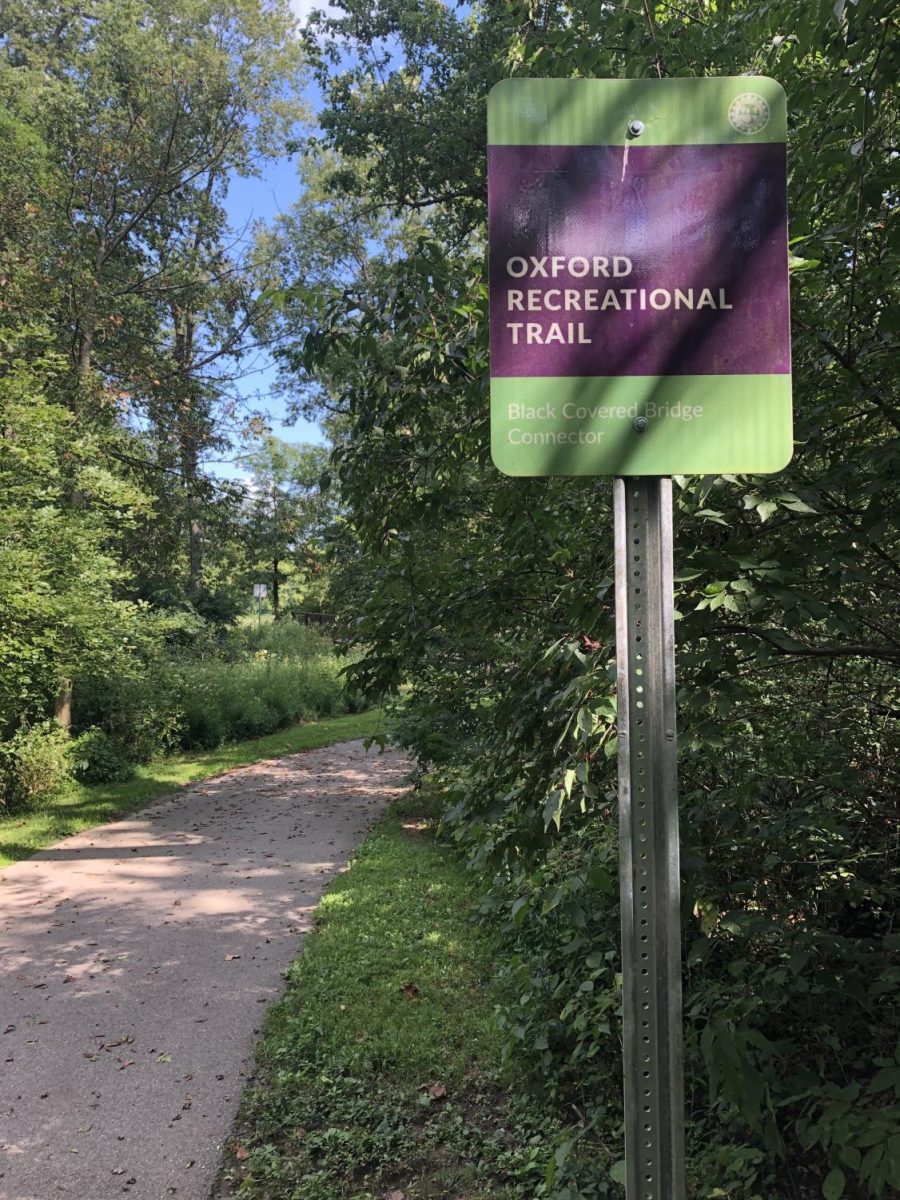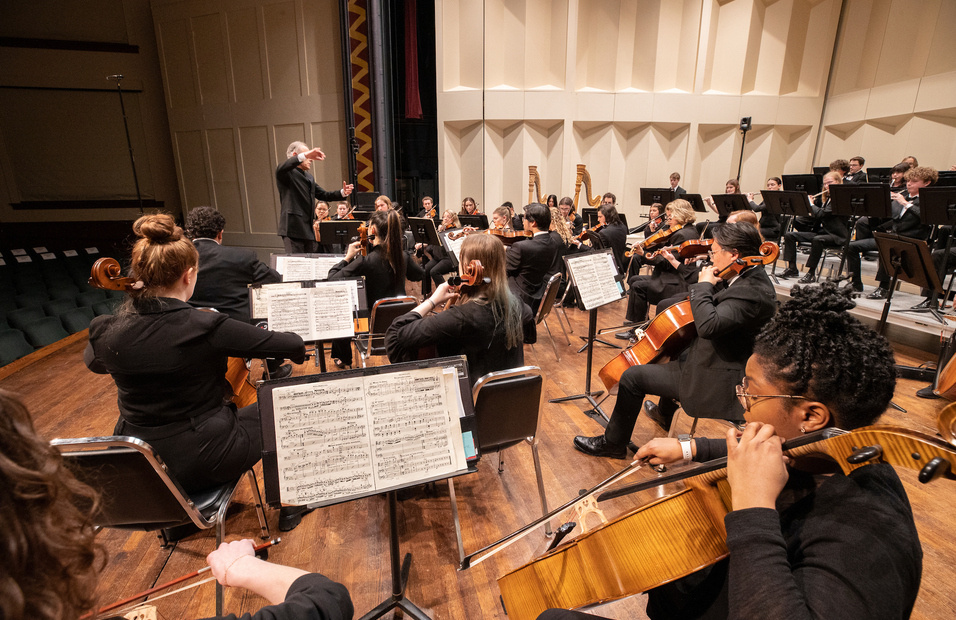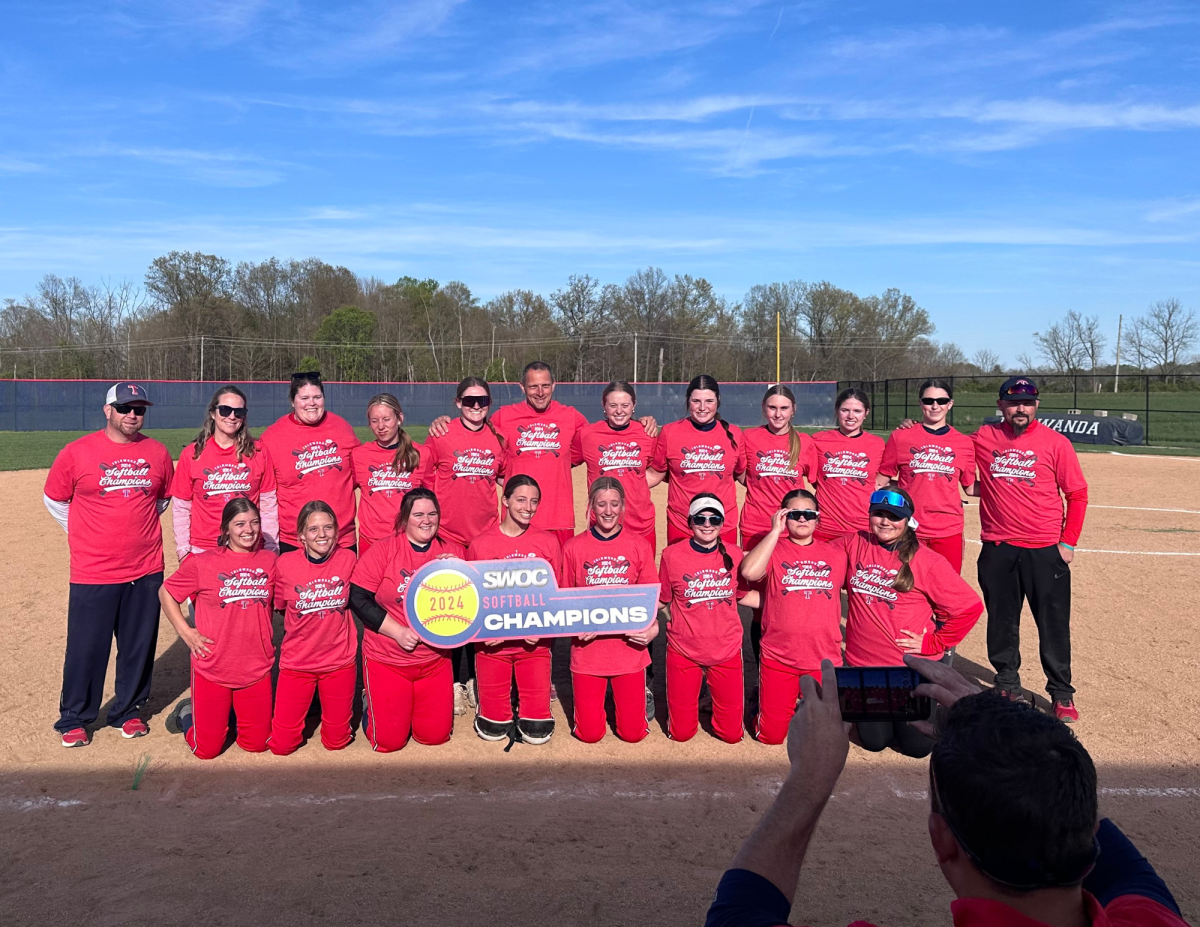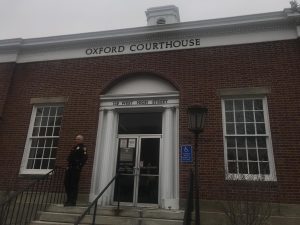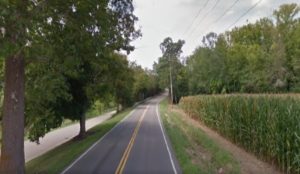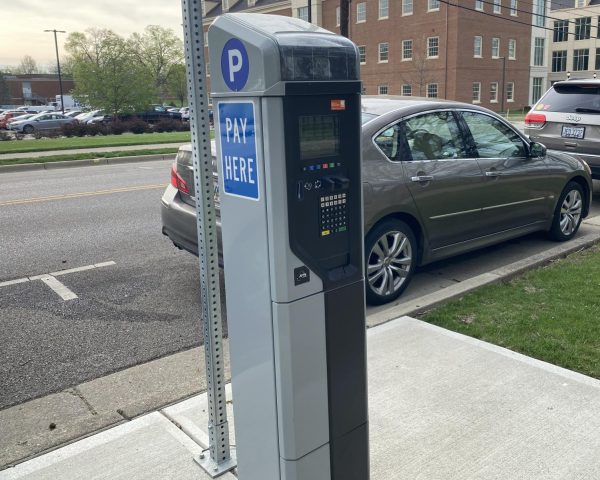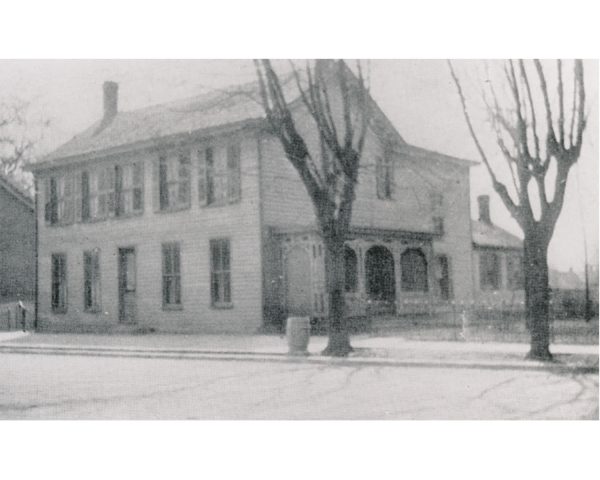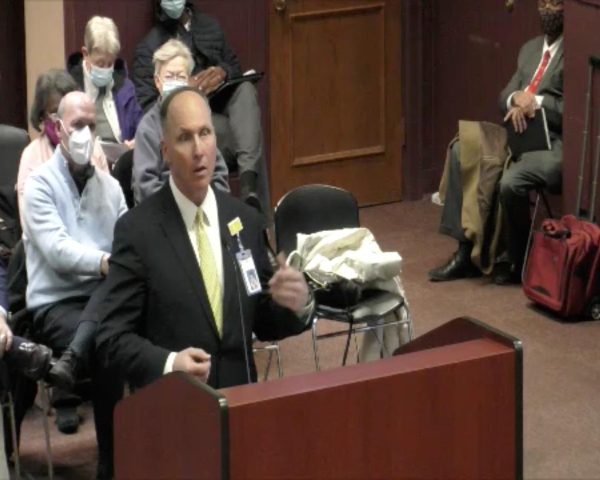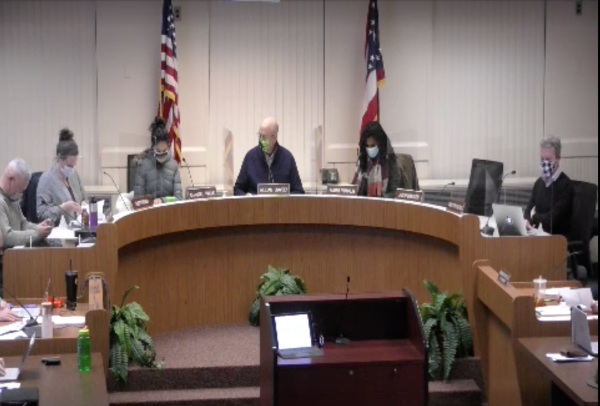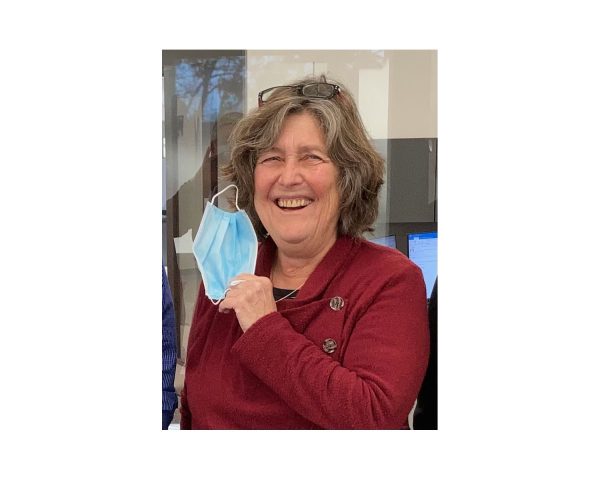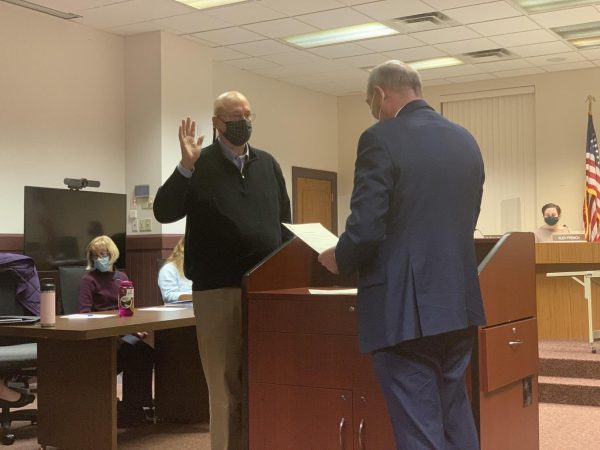Oxford pauses Phase 5 of OATS project after community opposition
A completed part of the Oxford Area Trail System. The city has completed the sections between the Black Covered Bridge and Peffer Park. The final phase on the northwest quadron of the city is now on hold.
October 1, 2021
The Oxford city administration announced that planning for the fifth and final phase of the Oxford Area Trails System (OATS) has been put on hold for two years because of significant negative feedback from residents affected by the proposed route.
OATS, envisioned as a 12-mile, ADA accessible bicycle and foot trail that will encircle the city when completed, began in 2007. Phase I, running from the Black Covered Bridge to OH 73, was completed in 2017. Phase II, which loops behind Miami University’s Western Campus and connects OH 73 to Peffer Park, was finished in 2020. Phases III and IV are in progress now and will run west along the south side of the city, past Talawanda High School and Middle School, eventually running through Oxford Community Park.
Phase V, originally planned for completion in 2028, is designed to curve northeast and connect Oxford Community Park to the Black Covered Bridge. Halting the planning for Phase V will delay the project’s final completion date.
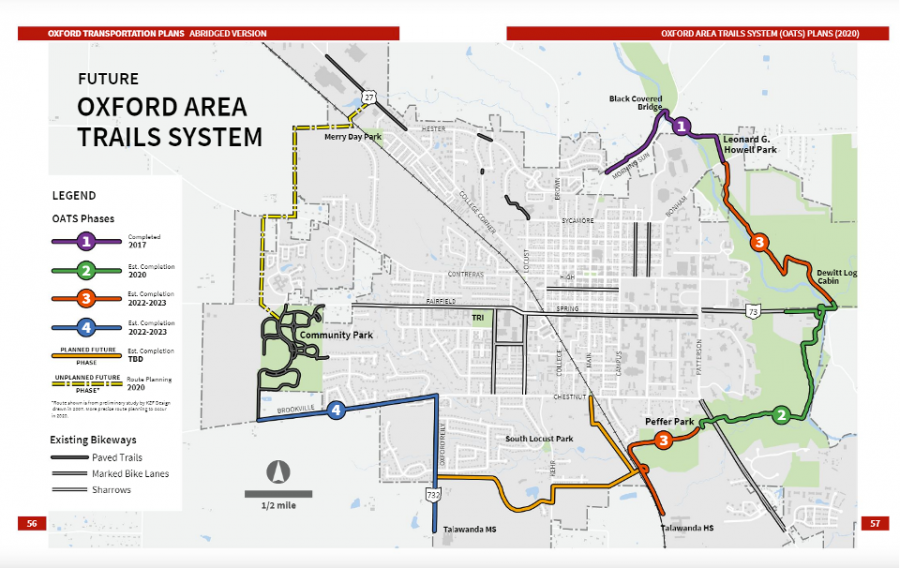
Up to this point, the OATS project went seamlessly. The other parts of the trails are planned to primarily be located on public property belonging to the city, Miami and Talawanda School District. Phase V, however, would include easements through and along private residential property.
Halting planning for Phase V was announced Friday, Sept. 24 in a public email from City Manager Doug Elliott and Assistant City Manager Jessica Greene.
The announcement cited complaints about the proposed route for Phase V from many affected citizens who spoke up at the Sept. 7 city council meeting. The number of objections seemed to catch the council and the administration by surprise.
“This has been an intense period of public input and we thank you for your patience. The trail is a long-term goal for the City of Oxford and taking a pause will allow us to regroup and respond to your concerns with intention and clarity about our goals for the future,” read the city’s announcement.
Doug Brooks, longtime Oxford resident and former Miami professor, is someone who objected to the proposed route. He addressed council at its Sept. 7 meeting, saying that when the tax levy to fund the OATS project passed in 2018, it was not clear that the trails would be built through private property. He also said that had residents known, they would not have supported the levy. He is now a prominent voice in Team Trail, a group of residents who do not support Phase V. The group collected more than 250 signatures in protest.
“Transparency was terrible,” Brooks told the city council. “There is almost a total homeowner-neighborhood objection to your ‘preferred’ trails. Who prefers them?”
Brooks said the group has retained lawyers and will resist the trail plan for as long as necessary to stop Phase 5 of the project.
Greene said earlier this week that the future of Phase V is now unknown. There is a possibility that the original concept of the trail encircling Oxford will be reconsidered. She emphasized that the city welcomed and considered the residents’ feedback.
“I feel like we really went above and beyond in engagement. We listened and I think that’s important to acknowledge,” said Greene.
Prior to the Sept. 7 meeting, the city mailed postcards to residents in affected neighborhoods, posted yard signs, held virtual feedback sessions and reached out to those whose property would be affected for a special meeting. Property owners of affected land were offered the option to sell their land to the city or receive payment for an easement for use of their property. The objecting property owners declined both options.
Greene said that she understands that residents may be frustrated because the city cannot respond to feedback as quickly as they would prefer. According to Greene, when the city hears public comments, they must wait a period of time before they can analyze the information and come to a conclusion.
The halting of the project is a result of this process. Greene said the large number of protesters indicated to the council that this was a serious issue that needed addressing.
The city is currently renegotiating their $56,000 contract with consultants Bayer & Becker LLC for their planning services. The company will be paid for the planning it has done so far, and the remaining money will be returned to the OATS levy fund or used for future services rendered with the company, said City Manager Doug Elliott.


